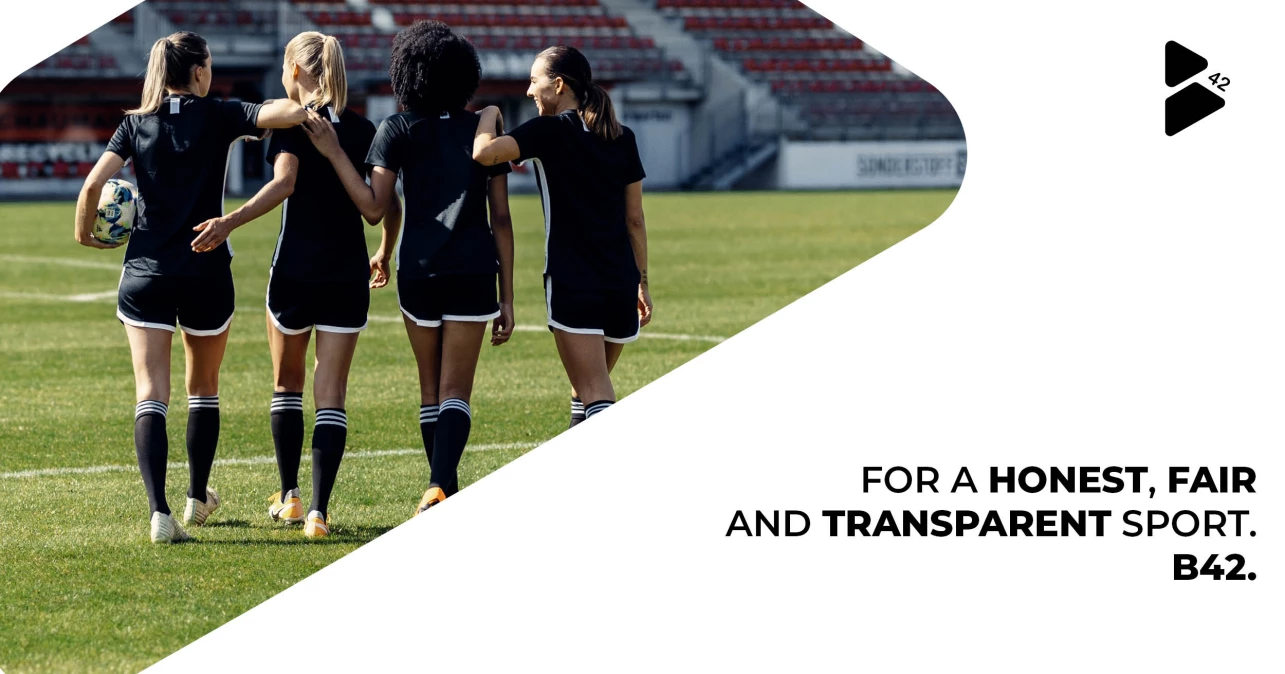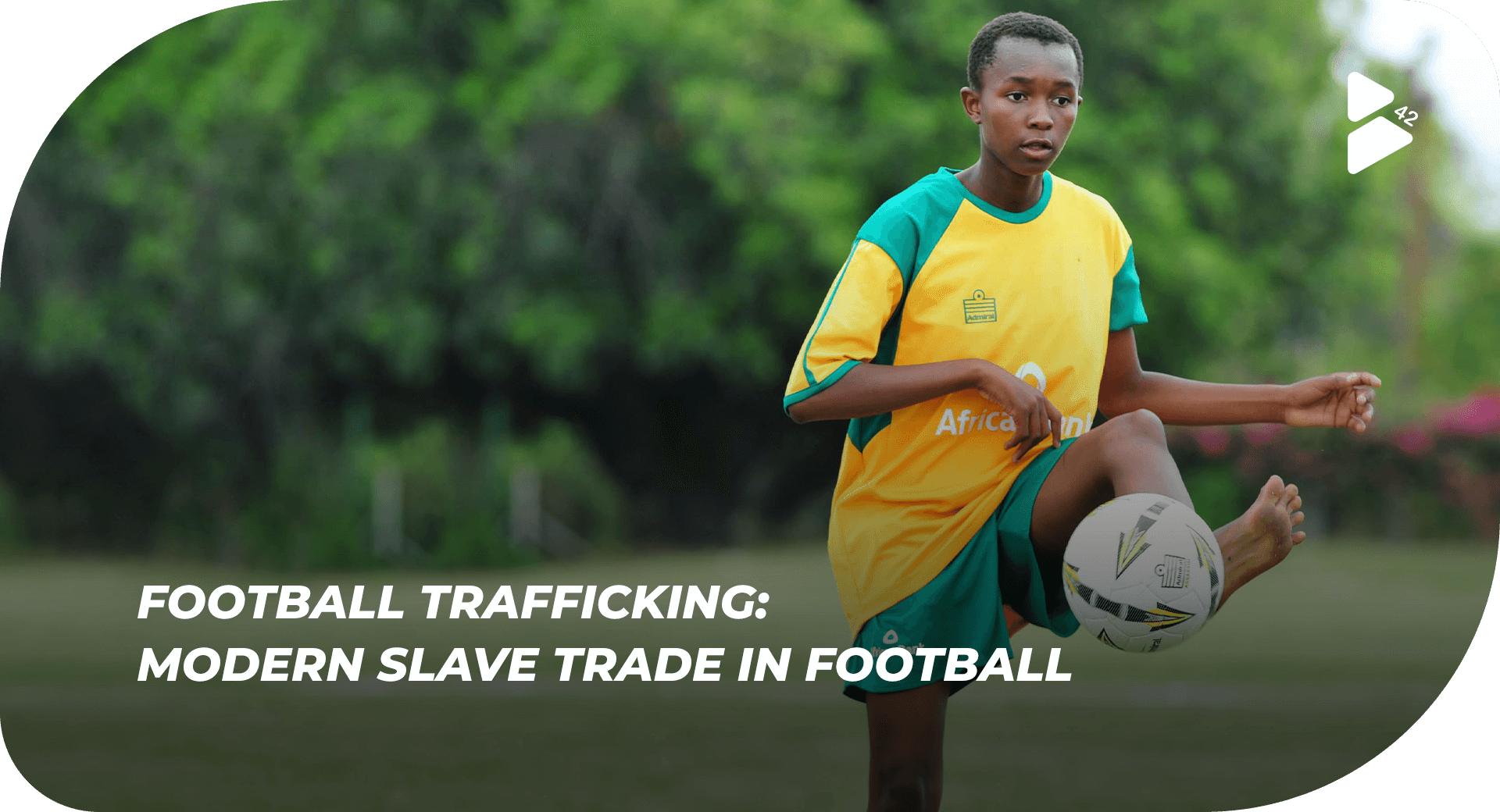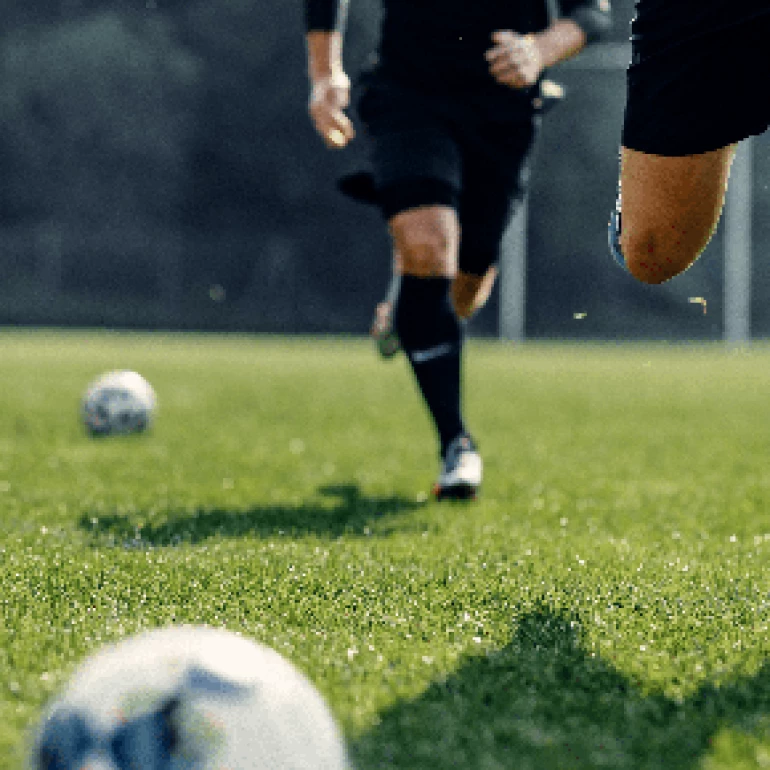The inhumane trade with underaged football players
We have probably already come to terms with the fact that football is no longer the purist, innocent sport from our childhood memories. Football has long been a business. Commercialization has already progressed to such an extent that many of us find it increasingly difficult to remain enthusiastic about this great sport. Often, the easiest solution seems to be to simply turn away. According to the motto "then I'll just watch handball" or at least "I'd rather watch Sundayleague than Championsleague".
While such reactions are generally justifiable and understandable, modern football has also become a place where we must not turn away from specific practices. One of the most unscrupulous side effects of modern football is the so-called football trafficking. In other words: modern slave trade.
What is football trafficking?
The term football trafficking is derived from human trafficking. Just in football. The commodity? Young football players! Mostly male and mostly from Africa and sometimes Latin America. The business principle? Young footballers are "scouted" by so-called reputable agents and lured to Europe with false promises. Forced to sign exploitative contracts, where a large part of the salary ends up with the agent in case of success. If the player fails, he usually ends up on the street in a foreign country.
Why are we dealing with this topic right now?
Actually, this topic is so serious that it is worth dealing with it at any time. Our personal impulse was the public reappraisal of the Silas Katompa Mvumpa case and some of the reactions to it. Only belatedly was the effort made to research and publicize the actual background. Media headlines suggesting that Silas Katompa Mvumpa was more of a perpetrator than a victim - not only legally, but above all morally - were in the majority at the beginning and were all too often reproduced and passed on without reflection. The result: a slide into postcolonial patterns of behavior and understanding of values. While the DFB has found a surprisingly elegant solution to satisfy its legal framework with a three-month ban that "coincidentally" falls during the player's injury break, opinions about a ban from playing or even "to send him back" are still voiced too often across the country.
What is missing is the context! Why people like Silas Katompa Mvumpa are not perpetrators of modern football and endanger its integrity, but its victims.
What exactly happens in football trafficking?
Football trafficking is a criminal procedure in the course of which 15,000 young football players come to Europe every year. Self-appointed agents or players' brokers contact the players or their families in their countries of origin and take advantage of their often hopeless social situation. They present themselves as representatives of Premier League clubs or other European heavyweights. With promises of a better life and an enticing future in rich Europe, the families are persuaded to send their children to Europe with the agents. Often, entire villages collect money to pay the "incidental transfer fees" for their future superstars. From the moment the player sets out with his agent, he is completely in his agent's hands. In most cases, he has no access to his documents or money and is in a country whose language and culture are often completely foreign to him. At this point, either the player or his parents have already signed legally binding pre-contracts that legally legitimize the agent and his actions. If necessary, the transfers are additionally secured legally. Of course, there are corresponding laws that should actually prevent such a procedure. In the case of underage players, the agent often poses as a family member of the player and the reasons for entry officially have nothing to do with football or the real parents are even simply given a job in Europe.
If the player is "lucky" he actually makes it in one of the European leagues. Then he simply has to give up a large part of his salary and possibly plays under a false name. If he is unlucky and doesn't make it? Then he often ends up on some street in rich Europe without a residence permit, other papers, money and perspective.
Why does football trafficking exist in the first place?
The emergence of football trafficking in its current complexity and scale derives from several factors. Two decisive factors are commercialization and globalization. In a sport that is more and more about money and economic factors, especially smaller clubs are dependent on being smart on the transfer market. The solution: so-called bargain purchases from non-EU countries. One of the most lucrative markets for this: Africa. In addition, in a globalized world, it is becoming easier and easier to transport people from A to B. In a football world where global transfers from London to Shanghai or from Sao Paolo to Istanbul are the order of the day, a 13-year-old African supertalent flying to Rome with his European advisor is no longer looked at so closely when entering the country. Thanks to forged papers and lax FIFA regulations.
The demand for "cheap" football talents was ironically initiated by a court ruling that was supposed to strengthen the rights of players and that we all know: the Bosman ruling (1995). The most important consequence: clubs are not longer allowed to ask for a transfer fee for players with expired contracts. As a result, after the ruling longer contracts were signed and the transfer fee for players whose working papers were still valid was heavily increased. Accordingly, many smaller clubs have had to explore new markets.
And then, of course, there is one last central aspect: human greed. Football trafficking is not about nurturing young talent from around the world and giving them a chance on the big football stage. For an increasing number of shady characters, it is simply an excellent way to make quick money. That's why football trafficking demands predominantly male victims. Since there is more money in men's football than women's football, they are simply more lucrative.

What does this have to do with B42?
Well, as you may have noticed, we see ourselves not only as a pure sports science service provider, but as a general social movement. We advance amateur football into the 21st century. That means: digitalization, sports science expertise at professional level for all players, regardless of league, and a clear social code of values. We should all - including you - speak out against barbaric practices like human trafficking at all times. And when such practices have been established in football for years and have recently become more and more extensive, then it becomes all the more our issue. We love our sport far too much to take no action!
What can we do about it?
Raise our voice and create attention! Those profiteering benefit first and foremost from the fact that they can execute their dirty business unchallenged in the background. Clubs too often see their chance to get hold of talented players quickly and cheaply. Especially those that are financially strapped and do not have the resources to do the necessary research on the origin and background of a potential newcomer. The moment an issue is brought into the public eye, the relevant actors in Europe (and elsewhere) must yield to media and social pressure, address the issue and respond.
Associations such as FIFA and UEFA must tighten and better monitor the rules governing global transfers - especially of minors. Clubs need to be aware of the situation and get clarity on the player and his environment before finalizing a transfer. This is not about blocking the future of non-European players, but about protecting young people and their families from traffickers.




